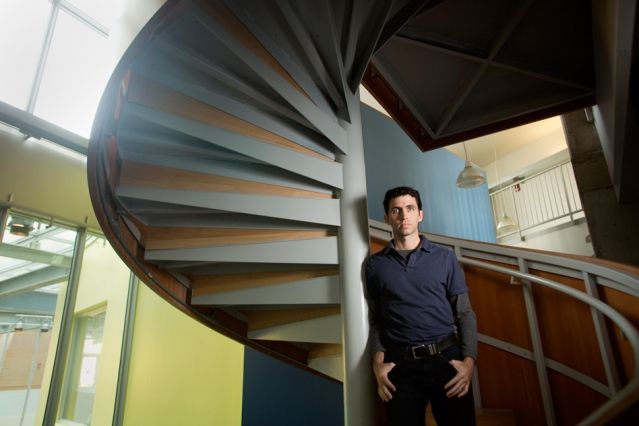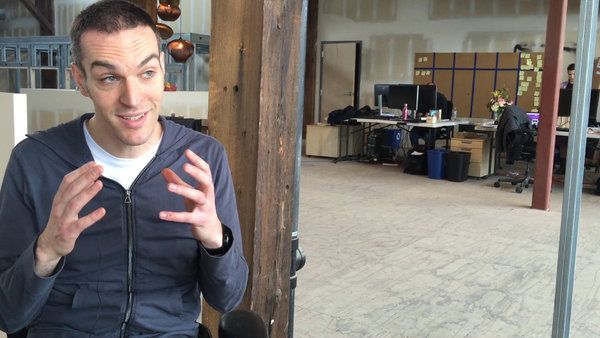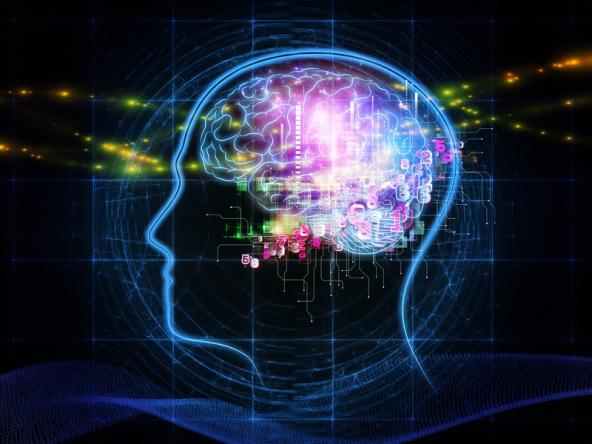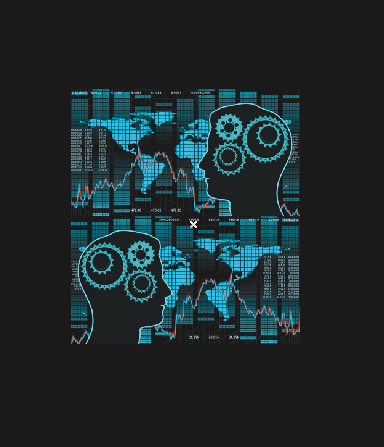Feb 26, 2015
What happens when computers, not teachers, pick what students learn?
Posted by Seb in categories: education, robotics/AI
By Nichole Dobo — Slate

About 150 sixth-graders are in this math class—yes, 150—but Garuccio’s task was to help just 20 of them, with a lesson tailored to their needs. He asked, “Where does the decimal point go in the product?” After several minutes of false starts, a boy offered the correct answer. Garuccio praised him, but did not stop there.
“Come on, you know the answer, tell me why,” Garuccio said. “It’s good to have the right answer, but you need to know why.”
Read more














